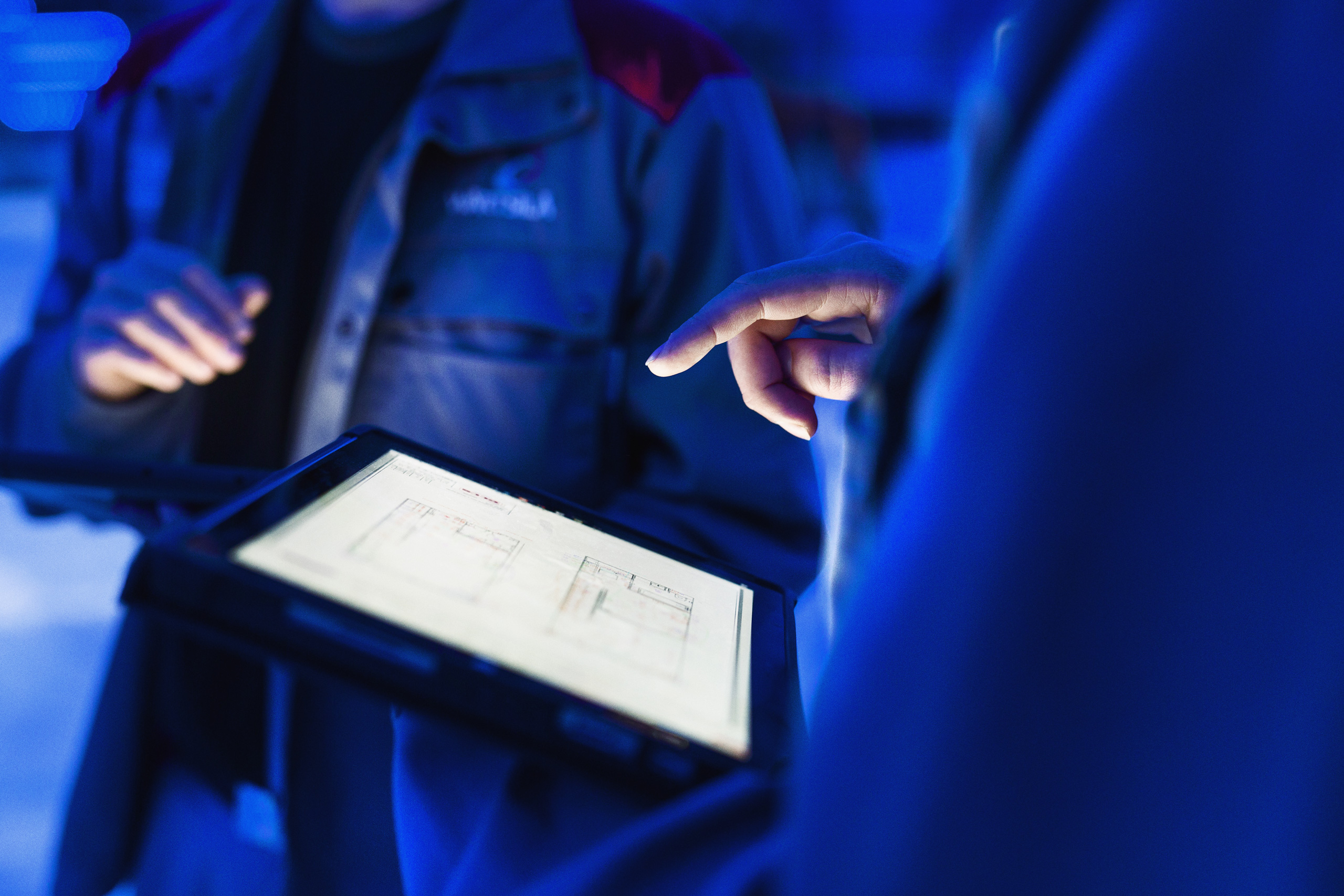
The sheer volume of data that we have at our fingertips today has never been greater. In 2021, the overall amount of data generated in the world was estimated to be around 79 zettabytes—equivalent to 79 trillion gigabytes. By 2025, this amount is expected to double.
The explosion of data is an exciting, but also often overwhelming reality for companies in connected global industries. As more data is generated, it becomes increasingly complex to store, manage, and analyse. Organisations sit on a wealth of knowledge, but often don’t know what data they have, where it sits across the business, and who has access to it. Struggling to manage these basics makes it almost impossible to make good use of data, which is more important than ever in an increasingly competitive business landscape.
I have always been fascinated by data, even before everyone was talking about it. When I was studying for my degree, I picked a specialist module about data from remote sensing (satellite imagery) because I was intrigued by the outstanding visualisations that were created from it. This passion of mine led me down the path to eventually becoming a Chief Data Officer (CDO). Throughout my career, I’ve helped businesses in a wide range of industries define their data strategies and adapt a true data-driven culture for better performance and results.
The one thing all these businesses have in common — from utilities companies to financial services to consumer marketing—is that they’ve understood that the only way forward in today’s fast-paced, highly competitive global economy is to embrace a data-driven approach to decision‑making across the entire business.
The maritime industry is no different. Shipping has woken up to this reality and is on a path to digital transformation that requires the adoption of intelligent technologies. And yet, intelligent technologies alone will not get maritime to where it needs to be. Embracing digitalisation requires a paradigm shift that goes beyond simply deploying new technologies.
A digital transformation journey must start with people because it’s the people working with the technologies and using the data who will truly make a difference. But for people to accept change, they must first buy into the why.
This paper offers an overview of the benefits to be reaped by embracing intelligent technologies that help connect the dots across the entire maritime ecosystem to utilise the data that’s being collected. As with any industry that’s pursuing digitalisation, the importance of educating all stakeholders cannot be underestimated.
As a data evangelist and CDO, it is my pleasure to invite you to read on and discover some of the key benefits maritime stands to gain through a data‑driven approach to decision-making.

Peter Jackson, Data Evangelist and Director
Chief Data and Analytics Officer at Carruthers & Jackson.

